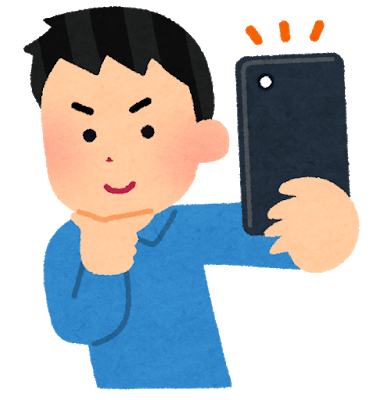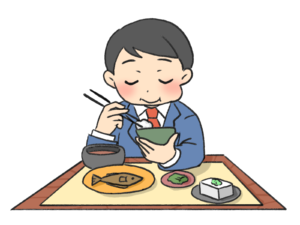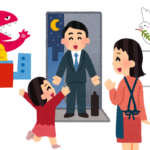
I wrote the other day about the results of a survey showing that people who are married are happier.
This is the same for all ages, regardless of gender.
For example, a comparison of the level of happiness among men in their 50s shows that 23% of never-married men and 50% of married men are happy.
Incidentally, 34% of unmarried men and 15% of married men feel unhappy.
Looking at these figures, it is clear that married people are happier.
A higher level of happiness probably means a higher level of affirmation about one's life.
They say that Instagram photos are a barometer to measure high and low self-esteem.
People (especially women) with high levels of happiness and self-affirmation have a picture of themselves in their photo.
It's not that they have their faces showing, but when they take an ice cream, for example, they also take a picture of their hands.
On the other hand, the Instagram of men with low affirmation is said to show only things and scenery.
People who are beautiful but have low self-esteem do not post pictures of themselves on Instagram. This is because they have a psychological tendency to hate themselves.
She said, "I can't take selfies because I hate my face.
Filipinos love to take selfies. This means that they have a high level of self-esteem and happiness.
In fact, Gallup's 2017 survey ranked it an impressive third in the world. Japan is ranked 18th.
The United Nations also publishes an annual happiness survey, but this one includes GDP, healthy life expectancy, freedom to choose one's life, and corruption, so the Philippines' ranking is much lower.
I'm happy if I feel happy, so the Gallup survey is more appropriate than the UN happiness survey.
In my case, my happiness level is high and my self-esteem is not low, but I don't think I would like to take a selfie.
And I can't say I like my face either. If anything, I don't like to look at it.
That's why I take an overwhelming number of photos of landscapes and objects.
When I see a video camera in an electronics store and suddenly my face appears on the display showing the image, I sometimes get a momentary fright and think, "Who the hell is that?
However, it seems that this feeling can be overcome.
There is something called the simple contact effect, which says that the more times you come into contact with a person, the more you get used to seeing them and the more you like them.
It is true that we always feel familiar with the people we see.
It's the same with my own face, once I get used to seeing it, I don't have to worry about rejecting it.
After 90 days of taking selfies, I will start to feel that my face is like this, and at the same time, I will become more photogenic.
So, whether I can like it or not, I guess I'll do the 90-day selfie challenge to get used to seeing my own face.









